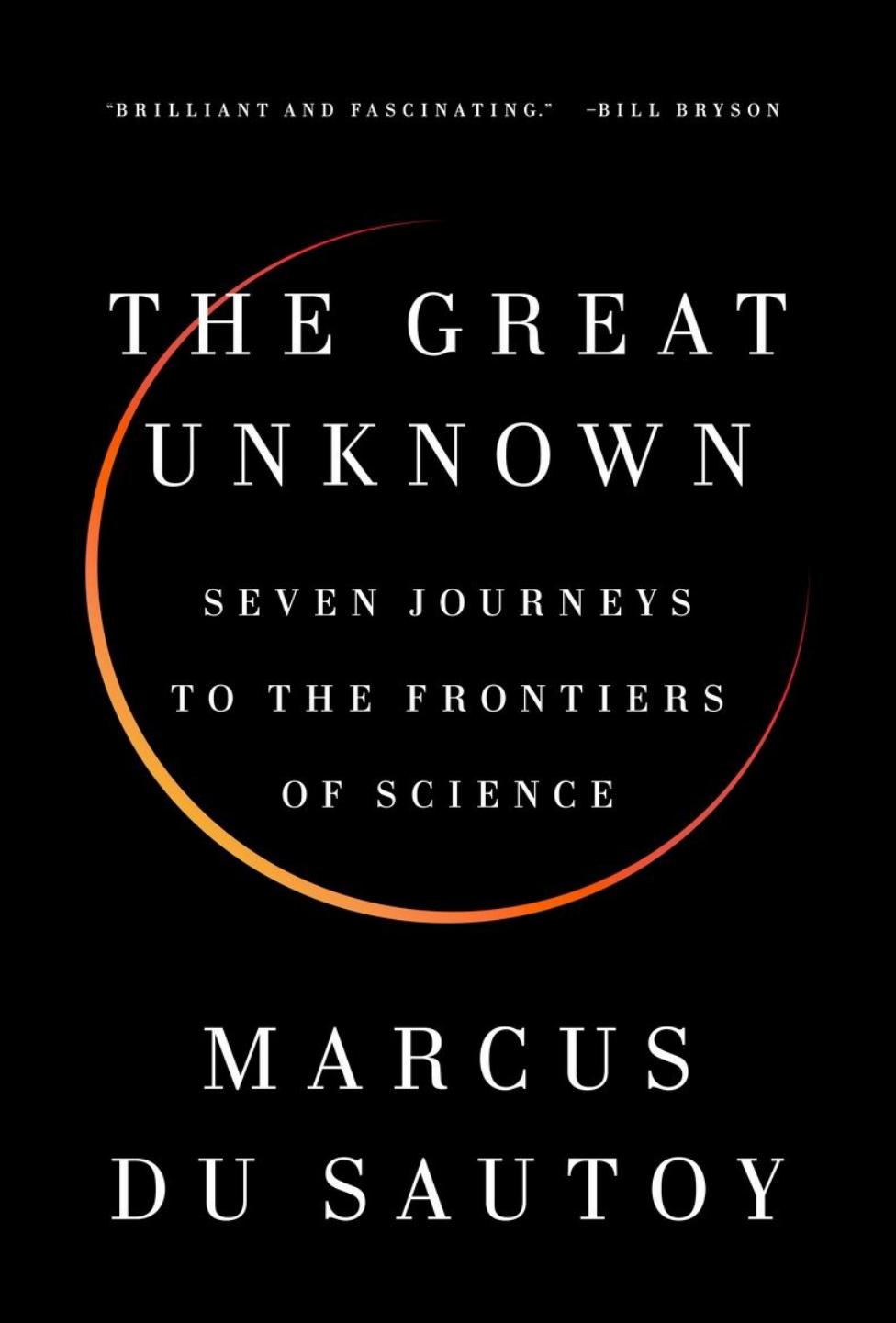The Great Unknown: Seven Journeys to the Frontiers of Science by Marcus du Sautoy

Author:Marcus du Sautoy [du Sautoy, Marcus]
Language: eng
Format: azw3, pdf
Publisher: Penguin Publishing Group
Published: 2017-04-11T04:00:00+00:00
IS THERE ANYONE OUT THERE?
It is striking how often cosmology and religion have intersected throughout history. The question of what might lie beyond the edge of the universe has always intrigued scientists and theologians alike. For the medieval philosopher Oresme, this was where God was hiding. Most religions include a creation myth for the cosmos. For the Australian Aborigines everything spewed forth from the belly of the Rainbow Serpent. For scientists it’s the Big Bang. Galileo ran into trouble with the Catholic Church because he challenged its conception of our place in the cosmos. Yet it was a Jesuit priest, Lemaître, who came up with science’s current story of how our cosmos emerged from the Big Bang.
Even in our current era, cosmology and religion are sometimes controversially intersecting. In 1972, Sir John Templeton, an American-born British entrepreneur, introduced a prize (given in his name) to reward “progress in religion.” It has evolved to recognize “progress toward research or discoveries about spiritual realities.” It is a big-money prize, currently standing at £1,100,000. Templeton stipulated that the prize should exceed the Nobel Prizes, which he felt had unjustly ignored the spiritual dimension.
The prize has been awarded to some obvious people. The first Templeton Prize went to Mother Teresa. Subsequent prizes have rewarded priests, evangelists, rabbis, and the Dalai Lama. But in recent years a growing number of scientists have joined their ranks, and invariably it’s scientists researching cosmology and big questions about the universe who have been honored.
A number of leading scientists have been critical of those who have accepted the prize, believing that it endorses a spiritual approach to scientific questions. My predecessor Richard Dawkins, one of those critics, declared that the prize was usually given “to a scientist who is prepared to say something nice about religion.” Physicist Sean Carrol outlined his reasons for refusing funding from the Templeton Foundation. “It’s not a matter of ethical compromise,” he wrote. “It’s simply a matter of sending the wrong message. Anytime respectable scientists take money from Templeton, they lend their respectability—even if only implicitly—to the idea that science and religion are just different paths to the same ultimate truth.”
I was keen to talk to a cosmologist who had accepted the prize and approached Professor John Barrow, based in the Department of Applied Mathematics and Theoretical Physics at the University of Cambridge, who received the Templeton Prize in 2006. “Most of the fundamental questions in cosmology are unanswerable,” he immediately wrote back in response to my e-mail. “In fact, I will talk about some of them in a lecture I’m giving this Saturday.”
Perfect. Here was a chance to hear what cosmologists believe are the great unknowns. Sitting in the front row of the lecture hall, I waited impatiently for him to begin. As Barrow went from one question to the next, accompanied by the obligatory pretty pictures with which astronomers pepper their presentations, he proceeded to confirm all the fears I’ve been accumulating about how little we can know about our universe.
The Big
Download
The Great Unknown: Seven Journeys to the Frontiers of Science by Marcus du Sautoy.pdf
This site does not store any files on its server. We only index and link to content provided by other sites. Please contact the content providers to delete copyright contents if any and email us, we'll remove relevant links or contents immediately.
Enlightenment Now: The Case for Reason, Science, Humanism, and Progress by Steven Pinker(7300)
A Journey Through Charms and Defence Against the Dark Arts (Harry Potter: A Journey Through…) by Pottermore Publishing(4795)
The Immortal Life of Henrietta Lacks by Rebecca Skloot(4569)
A Journey Through Divination and Astronomy by Publishing Pottermore(4372)
Elon Musk by Ashlee Vance(4114)
Origin Story: A Big History of Everything by David Christian(3679)
COSMOS by Carl Sagan(3612)
Alchemy and Alchemists by C. J. S. Thompson(3506)
Bad Pharma by Ben Goldacre(3414)
Enlightenment Now by Steven Pinker(3363)
Shadow of Night by Deborah Harkness(3346)
Inferior by Angela Saini(3303)
A Mind For Numbers: How to Excel at Math and Science (Even If You Flunked Algebra) by Barbara Oakley(3290)
Origin Story by David Christian(3190)
The Code Book by Simon Singh(3165)
Signature in the Cell: DNA and the Evidence for Intelligent Design by Stephen C. Meyer(3121)
The Elements by Theodore Gray(3045)
A Brief History of Time by Stephen Hawking(3013)
A Journey Through Potions and Herbology (A Journey Through…) by Pottermore Publishing(2843)
